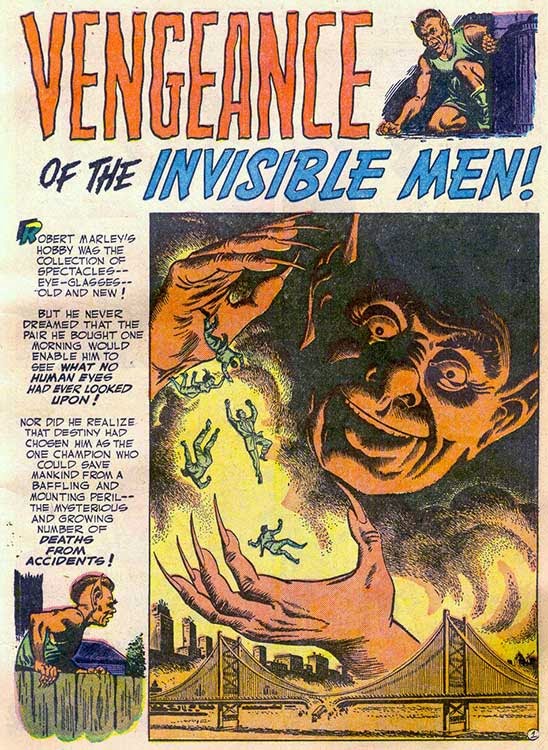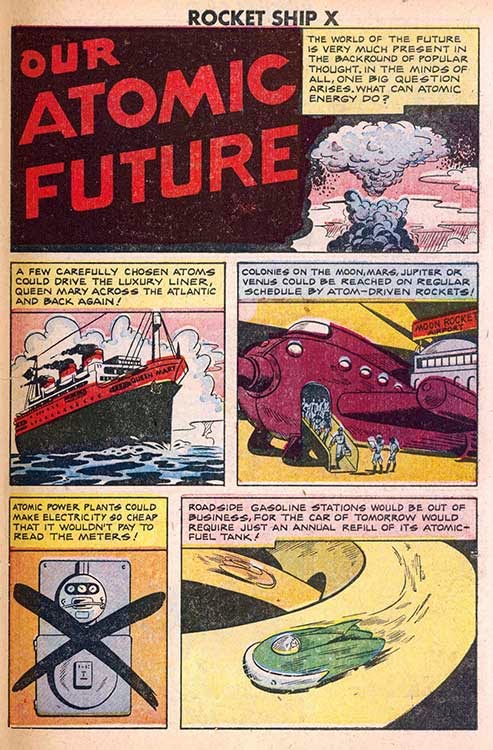While most movie/comic/pulp pirates battled along the Spanish Main...
...this freebooter set sail for the Barbary Coast!
When superheroes' popularity waned at the end of World War II, comics looked for other genres to fill the gap.
Taking their cue from movie box office sales, several publishers either premiered new books featuring swashbuckling scoundrels or converted ongoing titles from superheroes to pirates.
(In fact, Black Roger's premiere tale is from Quality's Buccaneers #19 (1950), which was the first issue under that title.
It had previously been Kid Eternity!)
While most of the strips were pretty blatant copies of various Errol Flynn or Tyrone Power pirate characters, this strip recombined elements of Captain Blood (Educated professional wrongly-convicted) and Zorro (masked avenger) along with our hero concentrating on a particular class of pirate...Moslem Arabs along the Barbary Coast of Africa!
Oddly, the particular group he battles this time out seem more Asian than Arab, a matter that's corrected in future stories.
Regrettably, both writer and artist(s) are unknown.
Black Roger appeared in every issue of Buccaneers during its' 9-issue run, never once making the cover (That was resereved for an Errol Flynn/Sea Hawk clone named "Captain Daring".
But you'll be seeing them all on this blog over the next few months.
Watch for them!



















